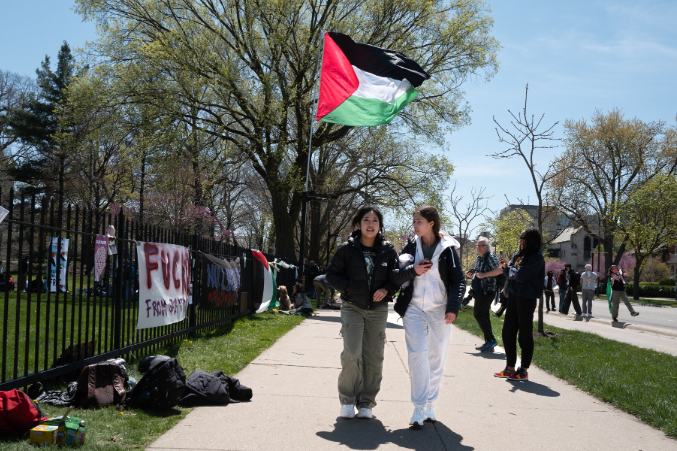In a groundbreaking move, the U.S. House Committee on Education and the Workforce has launched an official investigation into Northwestern University’s Community Justice and Civil Rights Clinic—marking the first time a university legal clinic has faced this level of congressional scrutiny over whom it represents.
At the center of the investigation? The clinic’s legal support for organizers of a pro-Palestinian protest that blocked traffic to Chicago’s O’Hare airport in April 2024. The disruptive demonstration, which led to over 40 arrests, is now being tied to what the committee calls “illegal, antisemitic conduct.”
What the Committee Wants
Led by Rep. Tim Walberg (R-MI), the committee sent a formal letter to Northwestern demanding:
-
The full operating budget of the clinic
-
Names and salaries of all clinic employees
-
Internal policies and procedures since 2020
-
Performance evaluations for the clinic’s director, Professor Sheila Bedi
In the letter, Walberg stated:
“The fact that Northwestern, a university supported by billions in federal funds, would dedicate its resources to support this illegal, antisemitic conduct raises serious questions.”
Legal Clinics: Under Fire?
Traditionally, university legal clinics allow students to gain real-world experience by representing underserved or marginalized groups under supervision. But this time, the clinic’s work has ignited a political firestorm.
Critics say this probe is politically motivated. The Clinical Legal Education Association and the Association of American Law Schools condemned the investigation as “unprecedented” and a direct threat to academic freedom.
Robert Kuehn, a clinical law professor at Washington University in St. Louis, commented:
“This sets a dangerous precedent. It could lead to widespread self-censorship by legal clinics across the country.”
Academic Freedom vs. Federal Oversight
Northwestern responded cautiously, noting its clinics represent clients “across the political and legal spectrum”—from Jan. 6 defendants to immigrant rights cases.
Still, the move echoes a broader shift under the Trump administration’s current crackdown on perceived antisemitism and far-left activism on campus. Already, Columbia University has lost $400 million in federal grants after an executive order-driven investigation.
And it doesn’t stop with Northwestern. Barnard, Bowdoin, Pomona, and Sarah Lawrence Colleges also received letters last week over concerns of inaction on antisemitism.
A Chilling Effect?
While the Committee doesn’t control school funding directly, it plays a key role in shaping the national conversation—and the heat is rising. With law schools across the U.S. potentially watching their backs, questions are growing louder: Will clinics stop defending controversial clients? Will schools sacrifice free legal representation in the face of political pressure?
For now, all eyes are on Northwestern—and what happens next could define the future of clinical legal education in America.

